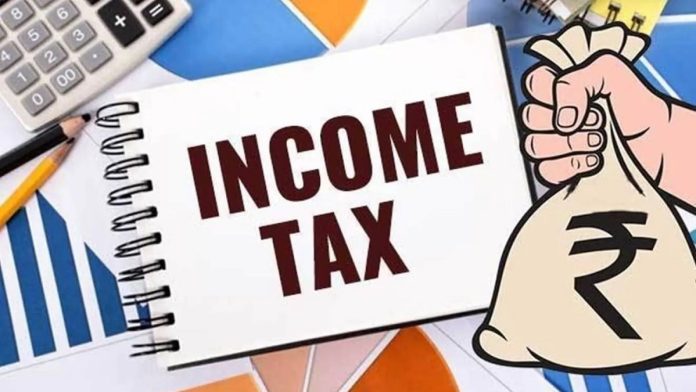Under the old tax regime, you can get a maximum tax exemption of Rs 12,500 and under the new tax regime, you can get a maximum tax exemption of Rs 25,000.
The season of filing income tax returns has arrived. Meanwhile, many people are confused whether they have to file returns or not? Understand it like this, if your gross taxable income is more than the basic exemption limit, then you have to file a return.
However, this does not mean that you have to pay income tax as there is tax exemption under section 87A of the Income Tax Act, 1961. If your net taxable income does not exceed 5 lakhs as per the old tax system or 7 lakhs as per the new tax system, then you will get tax exemption.
File ITR by July 31
Under the old tax system, you can get a maximum tax exemption of 12,500 and up to 25,000 under the new tax system. Therefore, if your income is below these limits, then you do not need to pay any income tax. However, if your tax liability becomes zero then you have to file ITR. For individuals who are not required to undergo income tax audit, the last date for filing ITR is July 31, 2024 for FY 2023-24.
Who needs to file ITR?
If your gross total income (under section 80C, 80D, etc.) exceeds the basic exemption limit, you need to file ITR. The basic exemption limits for different categories under the old tax regime are as follows:
-Individuals below 60 years of age: Rs 2.5 lakh
-Individuals above 60 years of age but below 80 years of age: Rs 3.0 lakh
-Individuals above 80 years of age: Rs 5.0 lakh
-The basic exemption limit under the new tax regime is Rs 3 lakh for FY 2023-24 (FY 2024-25).






